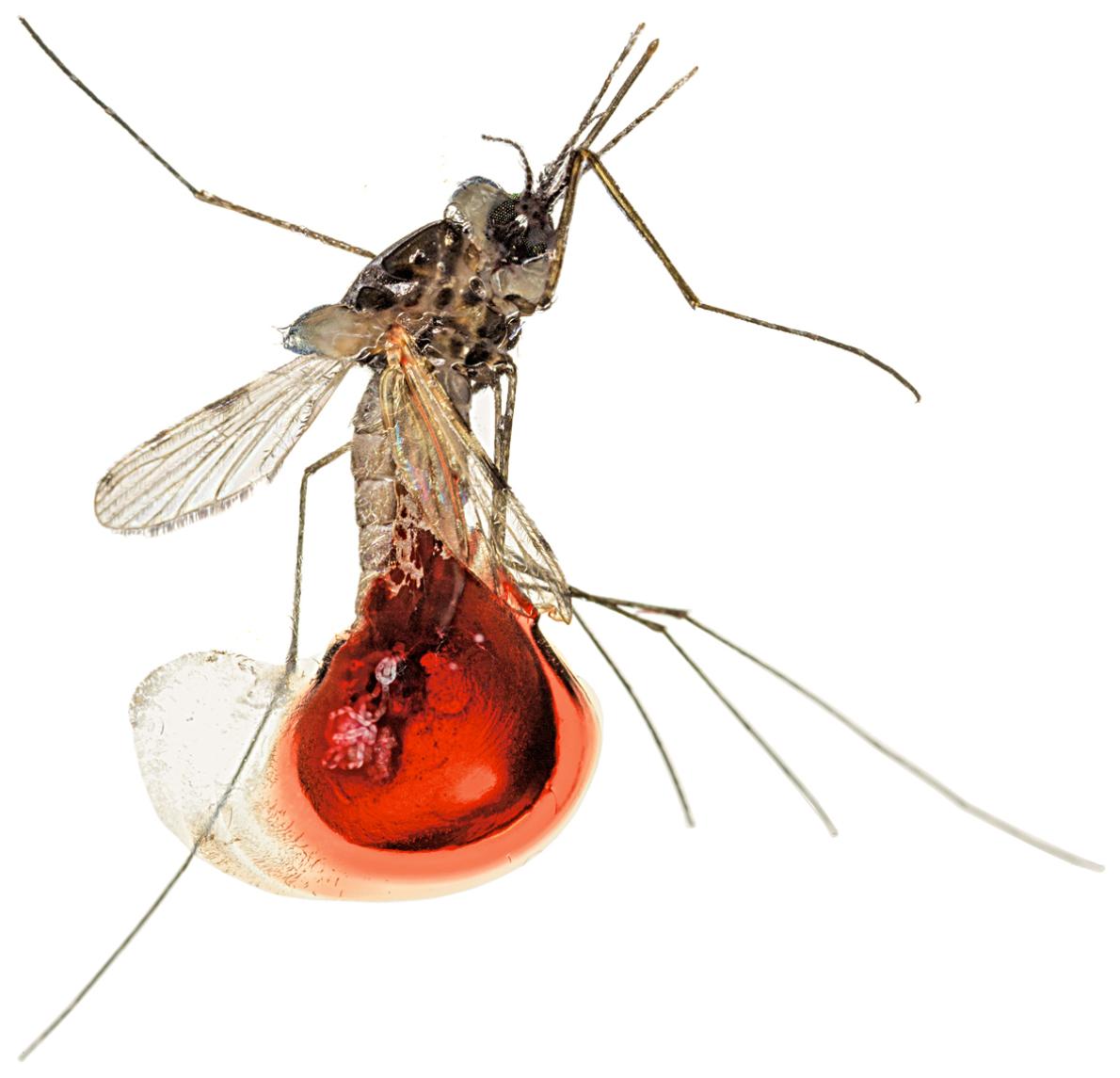 Can genetic information catch a killer? And, cost you your privacy?
Can genetic information catch a killer? And, cost you your privacy?
- May T. Sociogenetic Risks - Ancestry DNA Testing, Third-Party Identity, and Protection of Privacy. N Engl J Med. 2018 Jun 20. doi: 10.1056/NEJMp1805870. [Epub ahead of print] PubMed PMID: 29924688.
- Beamer LC. Ethics and Genetics: Examining a Crossroads in Nursing Through a Case Study . Clin J Oncol Nurs. 2017 Dec 1;21(6):730-737. doi: 10.1188/17.CJON.730-737. PubMed PMID: 29149121.
- Molnár-Gábor F, Lueck R, Yakneen S, Korbel JO. Computing patient data in the cloud: practical and legal considerations for genetics and genomics research in Europe and internationally. Genome Med. 2017 Jun 20;9(1):58. doi: 10.1186/s13073-017-0449-6. Review. PubMed PMID: 28633659; PubMed Central PMCID: PMC5477758.

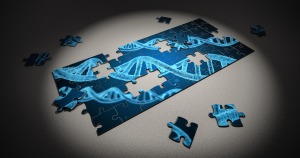 In the recent NEJM essay
In the recent NEJM essay 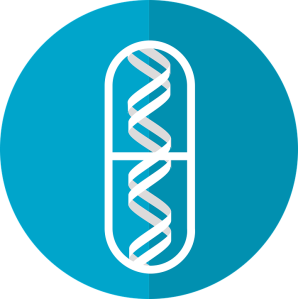

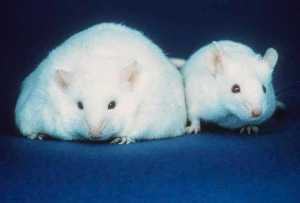 Is obesity caused by more than eating too much and exercising too little?
Is obesity caused by more than eating too much and exercising too little?
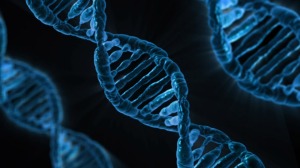 Research recently published in
Research recently published in 